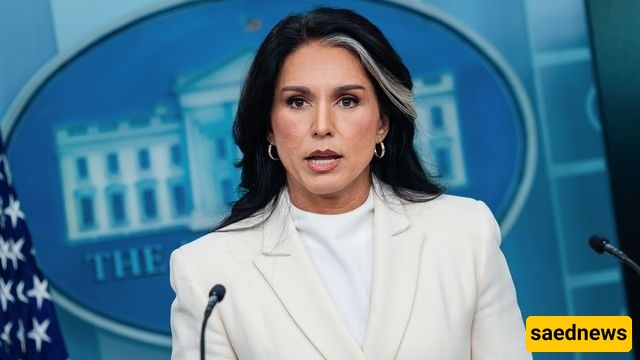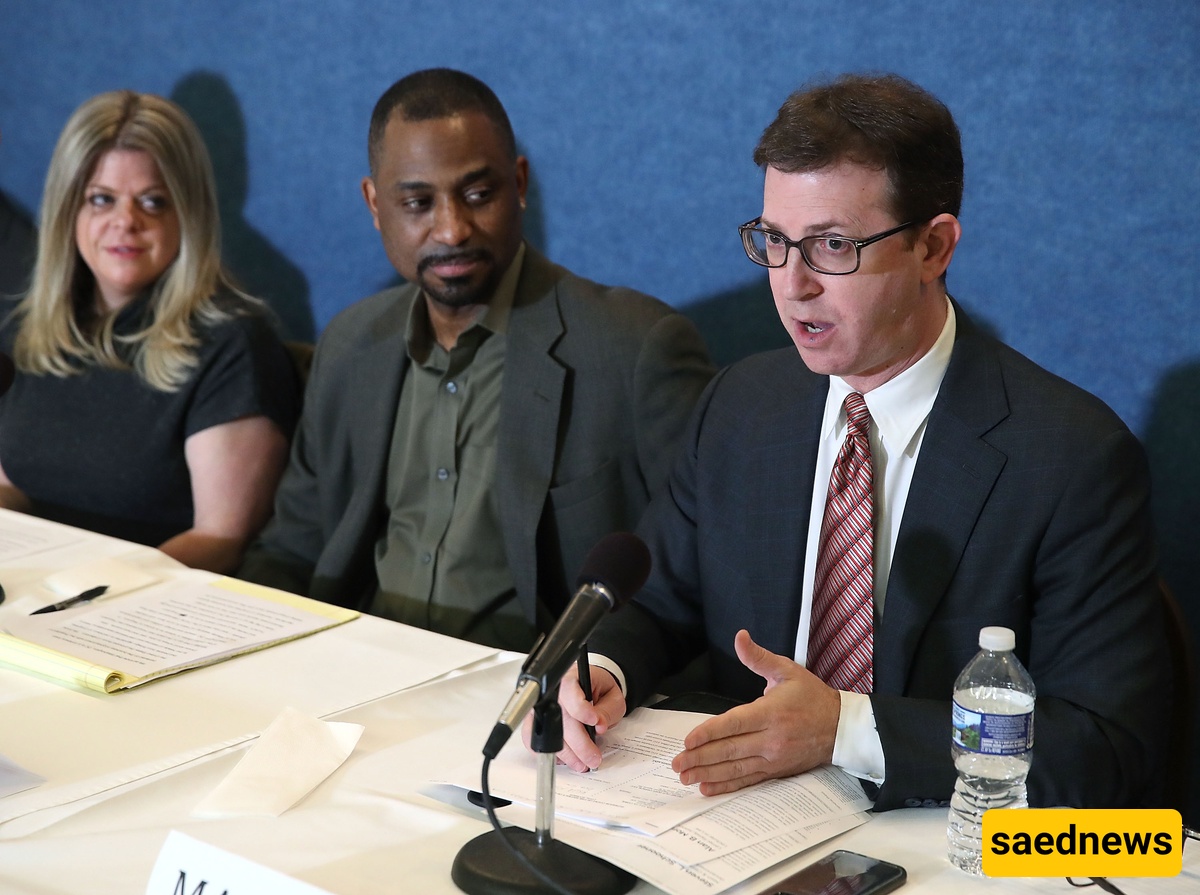SAEDNEWS: The Trump administration announced on Monday that it has revoked the security clearances of 37 current and former U.S. national security officials—a move that has sparked widespread reactions among former officials, lawyers, and security experts, who view it as a threat to the independence and integrity of the U.S. intelligence community.

According to SaedNews, citing Axios, on August 19, 2025, the Trump administration announced that it had revoked the security clearances of 37 current and former U.S. national security officials. This action, carried out by direct order of the president, was announced by National Intelligence Director Tulsi Gabbard and triggered widespread reactions in the political and media spheres. According to Gabbard’s memo, the purpose of this measure is to counter individuals accused of “politicizing intelligence,” failing to adhere to professional analytical standards, and engaging in “harmful” behavior, although no direct evidence has been provided to substantiate these claims.
Critics, including national security lawyer Mark Zaid, who himself has previously been denied clearance, described the decision as illegal and politically motivated within the intelligence apparatus. Zaid emphasized that accusations of politicizing intelligence are being leveled against these individuals while current policymakers and managers engage in similar behavior, calling the action “hypocritical.” In response, Gabbard defended her decision, stressing that holding a security clearance is a “privilege,” not an inherent right, and that those who are not loyal to their oath or do not prioritize national security should not have access to sensitive information.

This action continues a pattern that began with Trump’s return to the White House, targeting critics or individuals who had reported on Russian interference in the 2016 elections. Some of those targeted had previously spoken out against the president or signed letters demonstrating opposition. Publishing their names without consent or legal authorization could also be interpreted as a violation of the Privacy Act, a concern highlighted by critics, especially Mark Zaid.
Revoking access to classified information can have serious professional consequences for many of these individuals, as some are still active in the private sector, where access to sensitive information is essential to perform their roles. The Trump administration’s move appears to be part of a broader policy aimed at isolating critics and reducing their influence within the national intelligence community—a policy that opponents consider a threat to the independence and integrity of the U.S. national security apparatus.

